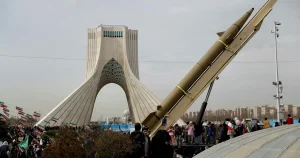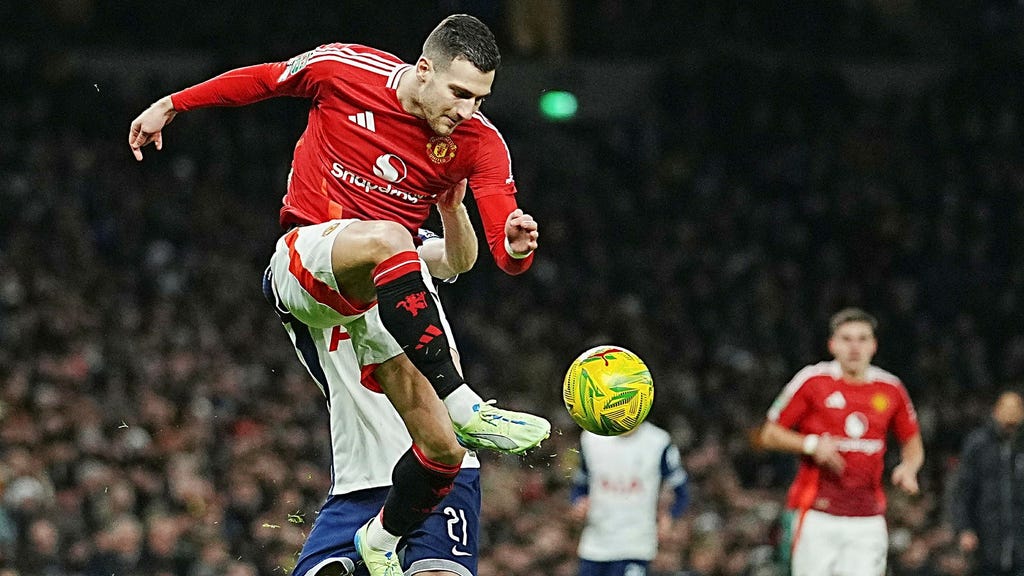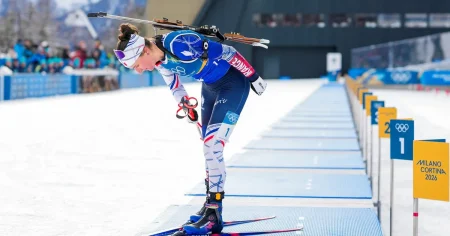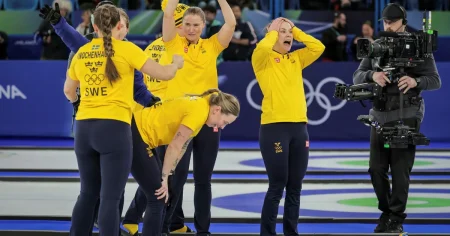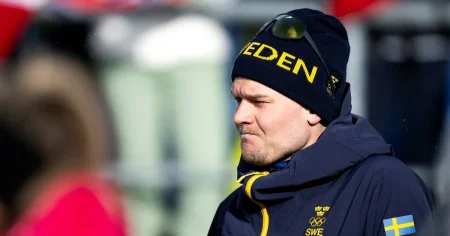Diogo Dalot, the Manchester United right-back, traded the glitz and glamour of Premier League stardom for a profoundly humbling experience on Christmas Eve, choosing to spend his time serving the less fortunate at a crisis center in Manchester. Alongside his partner, Cláudia Pinto Lopes, Dalot dedicated his time and resources to providing clothing and festive meals to the homeless population, a stark contrast to the lavish celebrations often associated with professional footballers. Their contributions ensured that over 100 individuals received a warm meal on a day typically marked by togetherness and family, highlighting the couple’s commitment to using their platform for positive social impact. This act of selfless service underscores a growing trend among athletes to leverage their influence for charitable endeavors, moving beyond symbolic gestures to actively engage with and support vulnerable communities.
Dalot’s decision to spend Christmas Eve at the crisis center resonates deeply, illustrating a genuine desire to connect with the city he now calls home. Having resided in Manchester for over six years, he has developed a strong sense of belonging and responsibility towards the community. The rising number of homeless individuals in the city has clearly moved him, prompting a personal commitment to raise awareness and provide direct assistance to those in need. This hands-on approach demonstrates a level of empathy and understanding that goes beyond simply writing a check, signifying a deeper investment in addressing the complex issue of homelessness. His actions serve as a powerful reminder that even amidst the privileges of professional sports, it’s crucial to acknowledge and address the struggles faced by those less fortunate.
Collaborating with LifeShareUK, a British charity dedicated to supporting the homeless, Dalot further amplified the impact of his contribution. The organization’s established network and expertise in assisting vulnerable populations provided a structured framework for his efforts, ensuring that resources were effectively utilized to reach those who needed them most. Dalot’s partnership with LifeShareUK exemplifies the potential for synergistic collaborations between individuals with influence and established charities, magnifying the reach and effectiveness of charitable initiatives. This strategic approach also highlights the importance of supporting organizations that are already deeply entrenched in tackling social issues, bolstering their existing efforts and expanding their capacity to serve those in need.
Beyond providing material aid, Dalot’s experience at the crisis center fostered a profound appreciation for the individuals working tirelessly to combat homelessness. He described the volunteers he encountered as ”true heroes,” expressing deep gratitude for the opportunity to spend time with them and contribute, however modestly, to their important work. This recognition of the unsung heroes working on the front lines of social services underscores the significance of acknowledging and valuing the dedication and compassion of those who dedicate their lives to helping others. It also serves as an inspiration for others to consider volunteering their time and resources to support similar initiatives, fostering a sense of collective responsibility for addressing societal challenges.
Dalot’s actions transcend the typical charitable endeavors often seen within the sporting world. Rather than a fleeting act of goodwill, his commitment to serving the homeless reflects a deeper understanding of the interconnectedness within a community and the responsibility that comes with privilege. By spending Christmas Eve with those less fortunate, he sent a powerful message about the importance of empathy, compassion, and active engagement in addressing social issues. His story serves as a compelling example of how athletes can utilize their platform to not only raise awareness but also directly contribute to positive change within their communities.
In conclusion, Diogo Dalot’s Christmas Eve act of service was a profound demonstration of humility and compassion. By choosing to spend his time serving the homeless population of Manchester, he not only provided vital resources but also highlighted the importance of community engagement and social responsibility. His partnership with LifeShareUK, coupled with his heartfelt appreciation for the volunteers he met, further amplified the impact of his contribution. Dalot’s story stands as a powerful testament to the potential for athletes to leverage their influence for positive change, inspiring others to embrace empathy and actively contribute to the well-being of their communities. It underscores the importance of moving beyond symbolic gestures and engaging in meaningful actions that directly address the needs of the most vulnerable members of society, particularly during times of celebration and togetherness.


